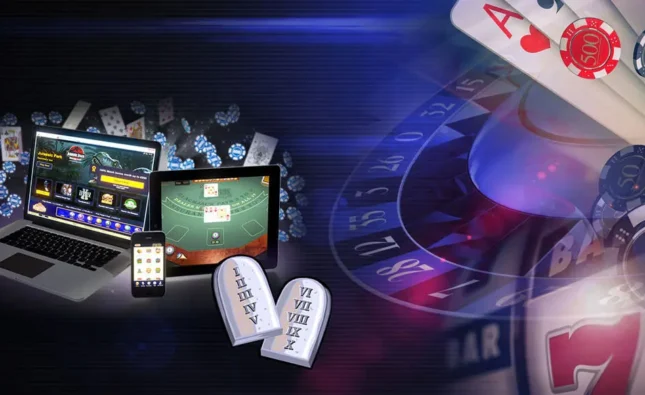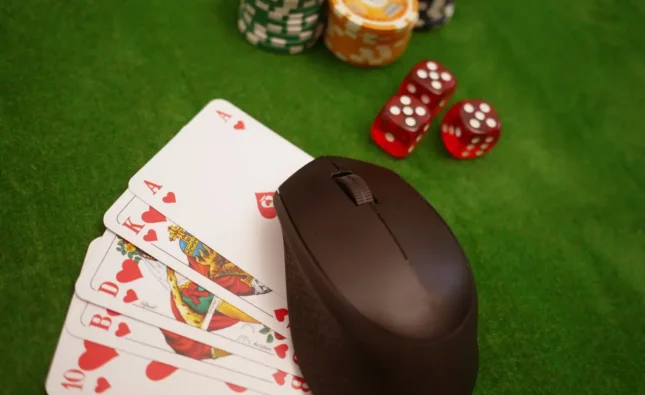
Share:
Cash game poker is often regarded as one of the purest forms of the game, primarily due to its emphasis on deep-stack play and the ability to approach each hand independently. This is in stark contrast to tournament poker, where chip counts and increasing blinds significantly affect your strategy.
Many new players begin their poker journey in tournaments, discovering cash games later without fully grasping the substantial strategic differences involved. If you’ve been finding it challenging to succeed in cash games or are new to this format and eager to learn, you’re in the right place.
This guide offers ten essential tips that can help elevate your cash game strategy, leading to improved results whether you play online or in live settings.
Table of Contents
- Cash Game Strategy Tip #1: Understand Hand Ranges
- Cash Game Strategy Tip #2: Always 3-Bet Strong Hands
- Cash Game Strategy Tip #3: Be Aware of Stack Sizes
- Cash Game Strategy Tip #4: Leverage Position
- Cash Game Strategy Tip #5: Isolate Limpers Frequently
- Cash Game Strategy Tip #6: Defend Your Big Blind
- Cash Game Strategy Tip #7: Control Pot Size Wisely
- Cash Game Strategy Tip #8: Exercise Caution in Multi-Way Pots
- Cash Game Strategy Tip #9: Plan for Future Streets
- Cash Game Strategy Tip #10: Commit to Continuous Learning
Cash Game Strategy Tip #1: Understand Hand Ranges
In your early poker education, you might have been advised to “put your opponent on a hand.” However, pinpointing exact hands is often unrealistic, leading to the concept of “hand ranges.”
A hand range refers to the variety of hands a player might hold based on their position, previous actions, and overall image at the table. For example, a tight player raising from an early position typically has a strong range, including hands like A-A, K-K, and A-K. In contrast, a loose player on the button might have a much wider range,
potentially covering up to 80% of all hands.When playing, aim to assess your opponents’ hands in terms of ranges and adjust your strategy based on their actions, gradually narrowing down their possible holdings by the river.
Cash Game Strategy Tip #2: Always 3-Bet Strong Hands
One common mistake among cash game players is trying to trap opponents too often with premium hands. Instead, always 3-bet with strong hands like A-A, K-K, or A-Ks when facing a raise.
Building larger pots with these strong hands is crucial. Additionally, to maintain a balanced strategy, incorporate some bluffs into your 3-betting range. The number of bluffs should vary depending on how your opponents respond to 3-bets. If they fold frequently, increase your bluffs; if they call too often, be more selective.
Cash Game Strategy Tip #3: Be Aware of Stack Sizes
In cash games, particularly live ones, it’s vital to keep track of your opponents’ stack sizes. Failing to do so can lead to poor decisions, such as attempting a river bluff against someone nearly all-in or 3-betting a short stack that is committed to their hand.
Always assess the effective stack size and pot size right from the beginning of a hand. Understanding these dynamics is essential for making informed decisions throughout the game.
Cash Game Strategy Tip #4: Leverage Position
Position is a critical element in poker, especially in cash games. Players should aim to play more hands in position to maximize their advantage.
Top players often 3-bet frequently from the button and cutoff positions, as this allows them to play heads-up pots, where they can exert more control. Conversely, players should be cautious from early positions like UTG and the small blind, opting to play only premium hands to avoid unfavorable situations.
Cash Game Strategy Tip #5: Isolate Limpers Frequently
In deep stack cash games, limping into pots is generally a sign of a weak player. When you observe frequent limpers, consider them prime targets for isolation.
Use a wide range of hands to isolate these players, particularly when you have positional advantage. Weak players often limp with mediocre hands and play straightforwardly, making them easy to exploit. Isolating them can lead to profitable opportunities over time.
Cash Game Strategy Tip #6: Defend Your Big Blind
Defending the big blind is a nuanced aspect of cash game strategy. While it gives you the chance to see flops at a lower cost, it also places you at a positional disadvantage.
You might face a raise from other players, offering decent odds to call. However, remember that cash games often have larger raises than tournaments, so you may need to be more selective. Defend with suited and well-connected hands but avoid overcommitting with marginal holdings.
Cash Game Strategy Tip #7: Control Pot Size Wisely
Pot control is an important skill for managing hands of medium strength. For example, if you hold 9♠-8♠ on a K♣8♥7♦ flop, consider checking to control the pot.
You may have stronger hands in your range that warrant a continuation bet. By checking, you can induce bluffs on future streets while keeping the pot manageable. This strategy allows you to navigate the hand more effectively without risking too much.
Cash Game Strategy Tip #8: Exercise Caution in Multi-Way Pots
Multi-way pots are more common in cash games than in tournaments. If several players are involved, be cautious with your strong hands, as the likelihood of facing stronger holdings increases.
In these situations, it’s often advisable to check more frequently, even with decent hands. The value of top pairs diminishes in multi-way scenarios, so it may be beneficial to play more conservatively and wait for better opportunities.
Cash Game Strategy Tip #9: Plan for Future Streets
In Texas Hold’em, the action unfolds across multiple betting rounds, and the stakes typically rise as the hand progresses. Thus, it’s essential to think about future streets when making decisions.
Consider how your current actions will impact future betting. If you’re calling with a weak hand, ask yourself if you’ll be willing to continue on later streets. Similarly, if you have a strong hand and decide to check, plan how to extract value as the hand progresses.
Cash Game Strategy Tip #10: Commit to Continuous Learning
Reaching a level of proficiency in cash games can be a rewarding milestone, but it’s also when many players stop their studies. Failing to keep learning can allow your opponents to catch up and even surpass your skills.
To maintain and enhance your performance, dedicate time each week to study hands and review your gameplay. Utilize poker solvers, instructional videos, and discussions with other players. Continuous education is crucial in the ever-evolving landscape of poker.

















